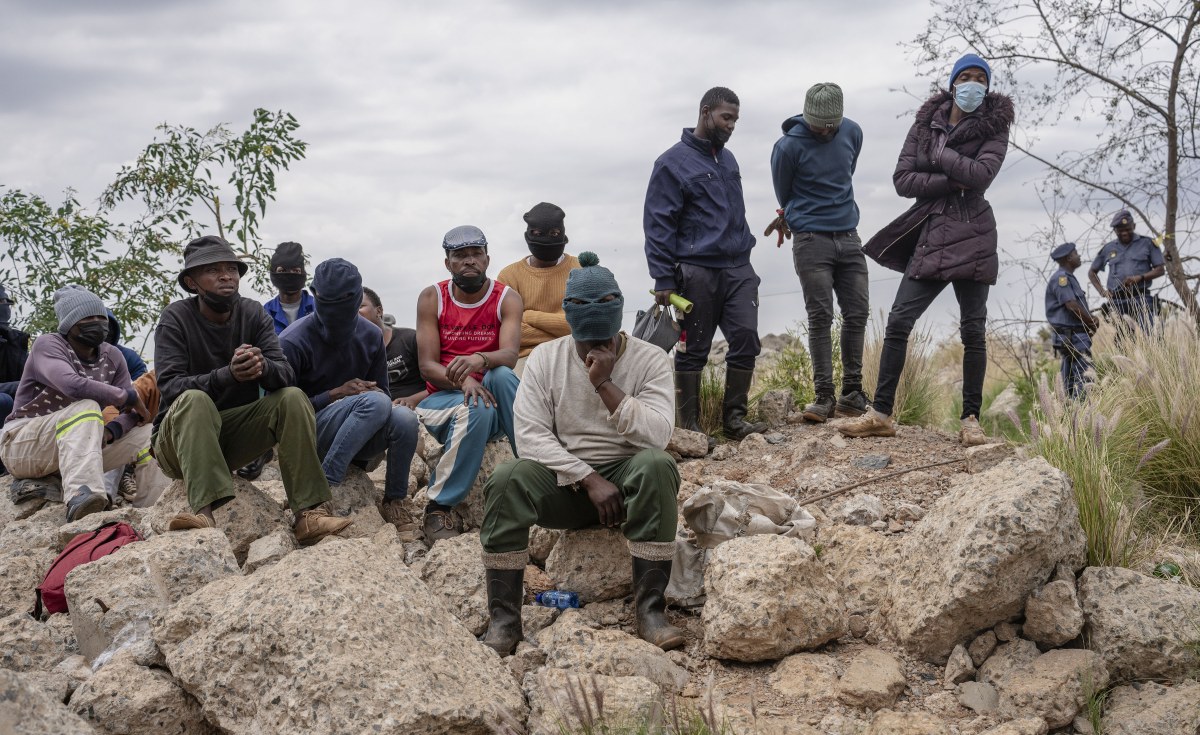Nairobi, Kenya — This continent is rich in renewable energy potential.
“Just as the injustices of climate change burn fiercely here in Africa, so do the opportunities. I’m convinced that Africa can be at the heart of a renewable future,” said UN Secretary-General António Guterres.
Guterres said that Africa has great potential to be a world leader in renewable energy and green growth. It has abundant renewable energy resources, such as solar, wind, and hydropower. It also has 30% of the world’s mineral reserves which are essential for renewable energy technologies.
“Of course, we must not repeat the mistakes of the past,” he said. Guterres stressed that for all Africans to benefit, the process must be sustainable, transparent, and fair at every stage of the supply chain, with maximum value added in African countries.
“Renewable energy could be the African miracle but we must make it happen. We must all work together for Africa to become a renewable energy superpower,” he said.
“From the Greater Horn of Africa, where over 85% of electricity generation comes from renewables, including massive hydropower projects in Ethiopia, Kenya, and Sudan. To wind and solar projects in Egypt, Algeria, Tunisia, and Morocco. To Mozambique, which gets nearly 100% of its energy from green and sustainable sources. To the increased installation of large-scale solar projects – including in South Sudan”.
He called on African countries, developed countries, financial institutions, and technology companies to come together to create a true African Renewable Energy Alliance.
Guterres added that Africa is home to 60% of the world’s best solar resources but only 2% of global investments in renewable energy over the last two decades.
“With adequate access to financial resources at a reasonable cost and technological support, renewables could dramatically boost economies, grow new industries, create jobs, and drive development – including by reaching the over 600 million Africans living without access to power,” he said. “Let’s make Africa a renewable energy superpower.”
He urged world leaders to join forces in strengthening Africa’s renewable energy capacity, as the continent grapples with the devastating effects of the climate crisis.
Guterres also called for better weather prediction and tracking systems in Africa to prevent deaths and financial losses. He said that 60% of Africans do not have access to these systems, which is a major problem in a continent with a population of 1.3 billion people. “Six out of every 10 Africans currently lack access to these systems,” he said.
“Despite accounting for just 4% of global greenhouse gas emissions, Africa suffers some of the worst effects of rising global temperatures,” the UN secretary-general said. “Climate change is a major injustice, as Africa is being hit the hardest by the crisis, even though the continent is responsible for only a small percentage of global emissions.”
He pointed to the fact that Africa is experiencing extreme heat, floods, and droughts, which are devastating development and causing widespread suffering. The secretary-general called for a “quantum leap” in climate action to avoid the worst effects of the crisis. He said that this must include a commitment from developed countries to reduce their emissions and provide financial support to developing countries.
Guterres said that the people of Africa, and people everywhere, need action to respond to deadly climate extremes. He called for “far greater climate ambition” and for countries to “hit fast-forward” and “massively accelerate action to limit temperature rises and impacts.”
Guterres said that developed countries must commit to reaching net-zero emissions as close as possible to 2040, and emerging economies as close as possible to 2050. He also said that it is time to “break our addiction to fossil fuels and invest in a just and equitable transition.”
“And we must bring affordable electricity to everyone on earth – particularly in Africa – while simultaneously reaching net-zero electricity by 2035 in developed countries and 2040 elsewhere.”
Guterres called for credible plans to exit coal by 2030 for Organisation for Economic Co-operation and Development (OECD) countries and by 2040 for the rest of the world. He also said that we need ambitious renewable energy goals in line with the 1.5-degree limit.
He also said that we also need a course correction in the global financial system so that it supports accelerated climate action in the context of sustainable development. This means ensuring an effective debt-relief mechanism and re-capitalising and changing the business model of multilateral development banks so they can massively leverage private finance at affordable rates to help developing countries build truly sustainable economies. “The global financial system must be an ally of developing countries as they turbocharge a just and equitable green transition that leaves no one behind,” said Guterres.
Guterres said that reaching these targets requires “climate justice.” He called on developed countries to present a clear and credible roadmap to double adaptation finance by 2025, and to keep their promise to provide U.S.$100 billion a year to developing countries for climate support. He also said that countries must operationalise the loss and damage fund proposed at COP28 this year.
“Now is the time for all countries to stand as one in defense of our only home,” said Guterres.
The UN Secretary-General spoke at the Africa Climate Summit, an important event that brings together regional stakeholders to discuss how to make Africa’s industrial growth more sustainable and aligned with the climate goals of the Paris Agreement. The summit is a timely opportunity to build momentum ahead of COP28, which will be held in the United Arab Emirates in November 2023.










